Engaging Entertainment With Intention
What’s the worst thing you’ve ever read or watched?
By worst I don’t mean something of bad quality or poor execution. I mean forms of entertainment with questionable content. The topic of what counts as questionable (i.e. “we should avoid this because it’s sinful”) is something no one can agree on perfectly, and has been debated in circles, so I’m not getting into where we draw the lines.
That conversation, however, provides an excellent backdrop for what I am going to talk about: the way in which we engage, with thought and attentiveness, the entertainment we consume.
Perhaps, amid this endless debate of what’s good vs. what’s bad, what’s “safe” vs. what’s off-limits, we’ve missed an important aspect. Intentionality.
Last week, I talked about the gray areas of fiction—the blurred morals and a shift in trends away from stories tied up in a neat package of good or evil. This goes hand-in-hand with the act of engaging entertainment. It’s not completely about the content (though everyone has the line they won’t cross, and that’s as it should be).
We need to enter the arena with the proper mindset.
Engage
 I was talking with some friends a few months back, and this topic came up. Where do we draw lines? When has a book or movie crossed the boundaries of art into glorification of violence, swearing, sex, or anything else? One of my friends made a great point: the only requirement you can have across the board is that you’re engaging entertainment with intention.
I was talking with some friends a few months back, and this topic came up. Where do we draw lines? When has a book or movie crossed the boundaries of art into glorification of violence, swearing, sex, or anything else? One of my friends made a great point: the only requirement you can have across the board is that you’re engaging entertainment with intention.
Because when the mind is active, paying attention to the content streaming in, it’s like having the shields of the Enterprise up. Nothing gets past unnoticed. When you lower the shields of your mind, you open yourself up for attack.
Maybe some people can tolerate Jessica Jones while others find it excessive. Again, not getting into the debate of who’s right and wrong. The deeper issue is whether or not you’re tuned into what’s going on.
Is your brain on autopilot, not paying attention to where the story is going?
Are you constantly filtering the entertainment you consume through the lens of your worldview?
Have you engaged with the story to the point of identifying what you agree with and why, and what you disagree with and why?
This is something we should constantly be doing. Not in a legalistic, guilt-trip sense, where the shame for something you may have seen or read crushes you. Rather, engage your mind so you can pick out the good from the bad, the echoes of truth from the whispers of falsehood. Discernment is key, and how can you exercise it without an engaged mind?
Every story skews toward a certain worldview, whether with intention or by accident, whether in a subtle or blatant way. Whenever you watch a movie or read a book, you’ll be faced with a particular set of values, a tilted look at the world with which you may disagree.
That’s fine, as long as you’re engaged and can separate the truth from the falsehood, the pure and noble from the profane and distorted.
I haven’t read a wide range of stories stemming from radically varied worldviews and tolerance levels, but I can confidently say that I have yet to come across a story in which there was nothing to be gained. No takeaway or thought worth pondering further.
Hunger Games may paint the world in a depressing hue, void of the hope and comfort enjoyed by Christians, yet that doesn’t discount its powerful messages. The effects of violence, the horror of tyranny, the pain of loss.
So far, I’ve been dealing with the shadowed side of Entertainment Boulevard, where the low-life lives and the corruption stains. But engaging entertainment is equally important on the bright, sunny side.
Why? Because it can too easily present false, overly-simplistic versions of reality, which is unhealthy in its own way. This is where typical Christian fiction runs into problems. Living vicariously through the life of a character, we can easily become disillusioned when reality doesn’t line up with the idealized existence we expect for ourselves because that’s how it turned out for the characters.
Not saying any positive outcome is worth a skeptical analysis and summary dismissal, but that we need to approach every aspect, every thread of a story, with a level head and open eyes.
Suffice it to say, we need to engage entertainment with intention across the board. Examine, taking the good for what it offers and acknowledging the bad for the ugly face it is.
So in the famous words of Captain Jean-Luc Picard…
ENGAGE!
Have you seen any personal value or advantage in engaging entertainment?


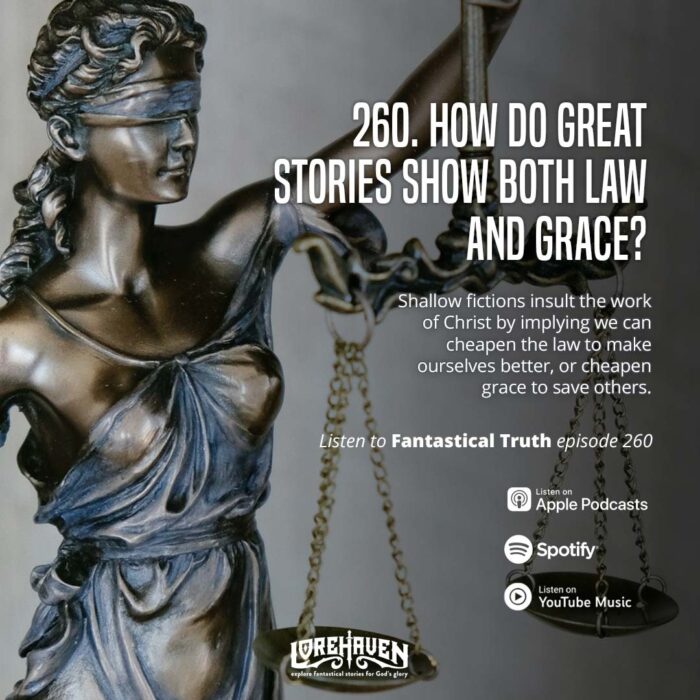

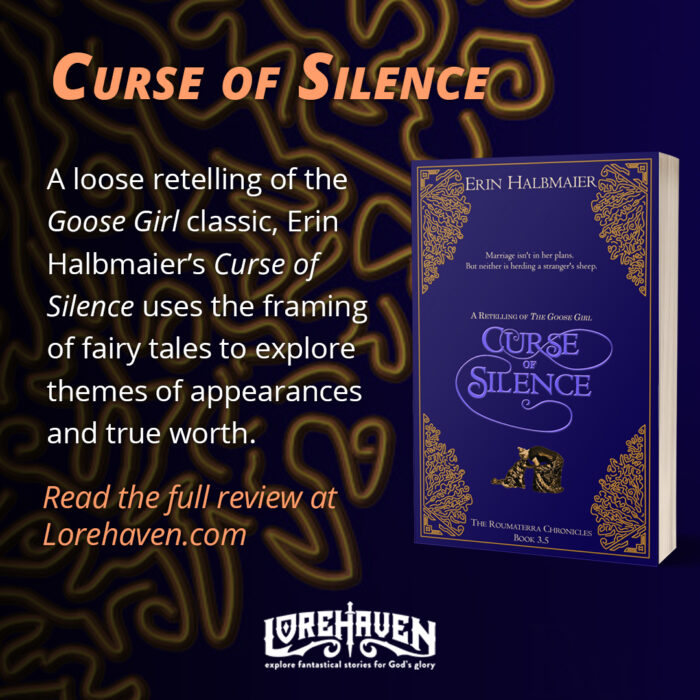








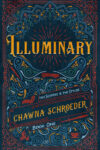

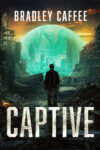


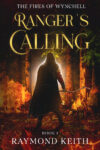
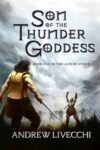

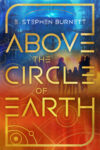

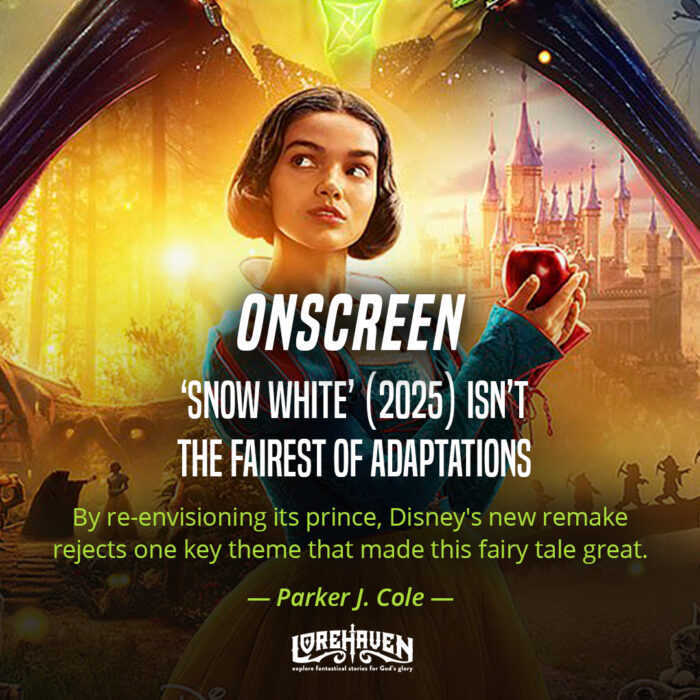
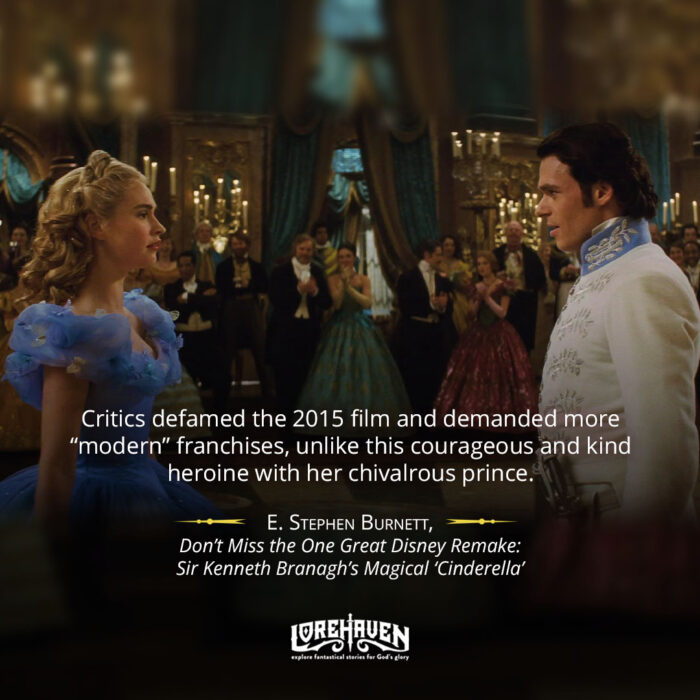
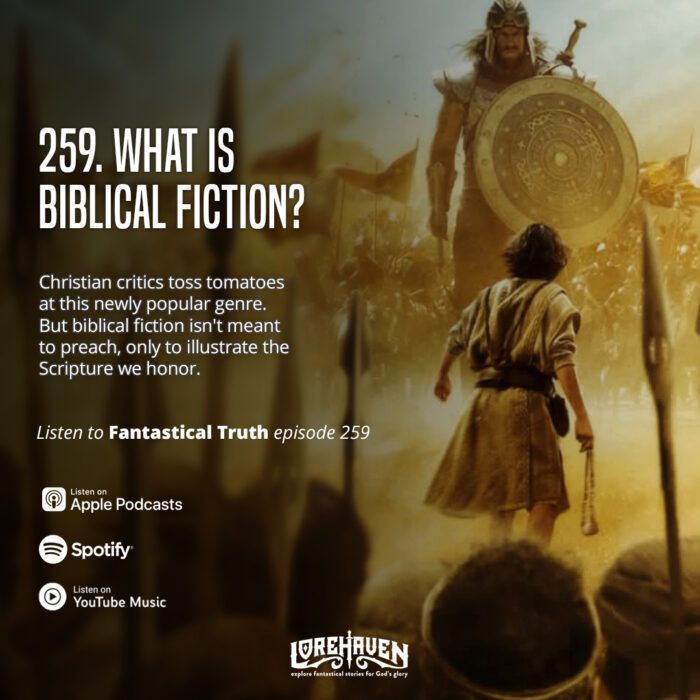
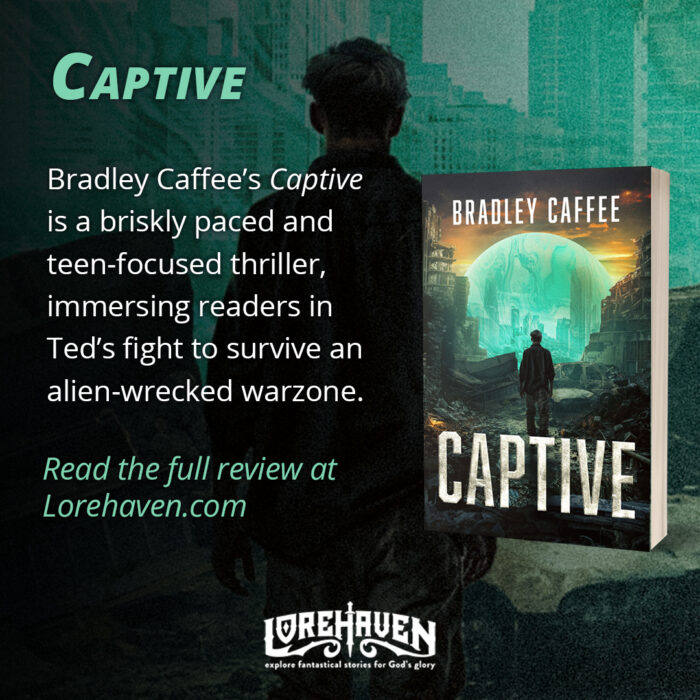

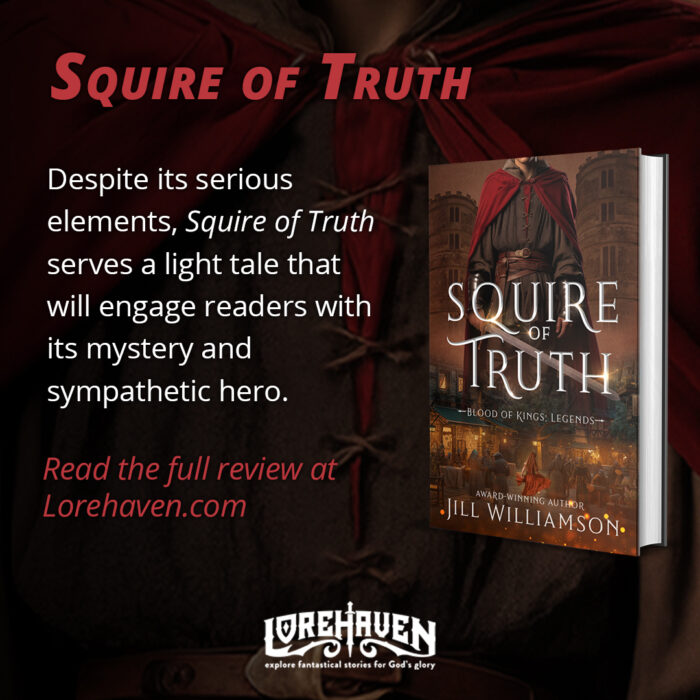



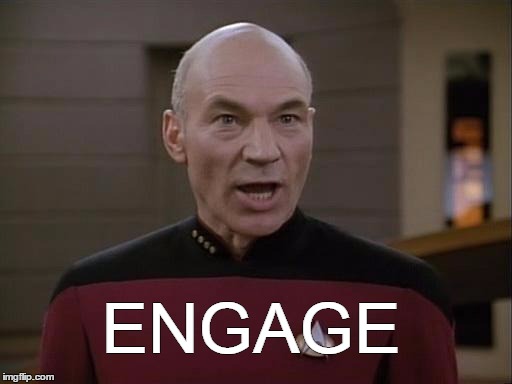



Except….intention to/for what, exactly?
For the Christian the answer is both simple and complicated given our struggles with sin: to glorify God and enjoy Him (in the ways He has set out) in everything we do.
Oh, is that all? 😛
“With man this is impossible, but with God all things are possible”! 😀
Excellent post, Zachary. As with many things, our tendency as humans is to want to make a hard and fast rule that applies across the board, so that we no longer have the burdensome and sometimes exhausting task of thinking about it. We can just declare certain things “off limits” to everyone — i.e. “Christians should never listen to secular music” was a big one when I was in my teens, as was “Christians should never play ‘Dungeons and Dragons'” — and continue on our merry way.
But while Scripture definitely gives us some general principles to govern our behaviour as Christians and help us make right choices for the glory of God, it also leaves a considerable amount of leeway for the individual conscience. I do believe that there are certain kinds of media which Christians ought not to watch for any reason — that whatever the motive behind it, the price of having (for instance) graphic pornography in one’s mind is too high. And I do believe that blasphemy ought to jar and upset us when we hear it, and that it should never go unnoticed or unremarked upon if we are reviewing media which contains a lot of blasphemies against the Lord’s name. But the point at which we feel morally and spiritually compelled to draw the line and turn off the TV / walk out of the movie theatre / skip to the next song / shut the book, and the amount of guilt we bear before the Lord if we ignore our conscience in these matters, will be different for every person according to their unique personality and background, the kinds of things that tempt them (or don’t tempt them) to sin, and — as you mention — their awareness of what they are doing and why when they engage with popular culture in the first place.
Even if we are only partaking in a popular movie for the sake of having fun with a group of friends, we can make choices that honour the Lord and our individual conscience, and choices that don’t. We can be thoughtful and sensitive toward other people whose consciences may be weaker than ours in these matters, or we can flaunt our perceived “liberty” in their faces and cause them to stumble. We need to be thinking about these aspects all the time, and figuring out how they apply in every individual circumstance, when we choose what to watch or read. I think that’s what “intention” means.
Amen to this.
And I think that Christians who wake up and realize popular culture isn’t all terrible, but then begin justifying visual sexual pornography (in which actual actors actually sin and 99.9 percent of men, anyway, sin while seeing it), that goes too far.
I like this Randy Alcorn quote, which was in the context of a discussion on Christian views saying money is always evil or always good: “Both views have the advantage of all unbalanced positions – they require no discernment.”
Good article! I think you have brought up an important aspect of how we should digest media, and one that has often been ignored. There are definitely lines I won’t cross when it comes to entertainment, but those are likely different from your lines. And that’s okay. I do agree that there are certain lines which should probably be the same for all Christians, but again we could probably have a great discussion about exactly what those are. But in the end we all have to be individually accountable to God for the choices we make, which is the glory and the challenge of it all.
I once heard a Christian singer say he fell into the trap of “needing to know what the rest of the world experienced so that he could be prepared to explain why it was wrong.” He said after some deep personal contemplation that “no we don’t need to experience the ills of the world to know that it is wrong”.
I’ve been mislead in the past with a few publisher/author provided descriptions of books and have not been at all pleased with this deliberate misrepresentation just to get me to read it.
Many times I’ve wished for a rating system spelling out what is in a book so that I can make a more informed decision. Instead I rely on authors and publishers whom I know I can trust.
I try to view any entertainment in terms of the following verses
1 Thessalonians 5:22 “Abstain from all appearance of evil.”
Romans 14:20
“Do not destroy the work of God for the sake of food. All food is clean, but it is wrong for a person to eat anything that causes someone else to stumble.”
Substitute movie, video, etc. though not ALL are clean but you get the general idea.
Because we never know when our actions will cause another to stumble or will open a doorway from which we can’t easily return we need to guard both our heart and our mind.